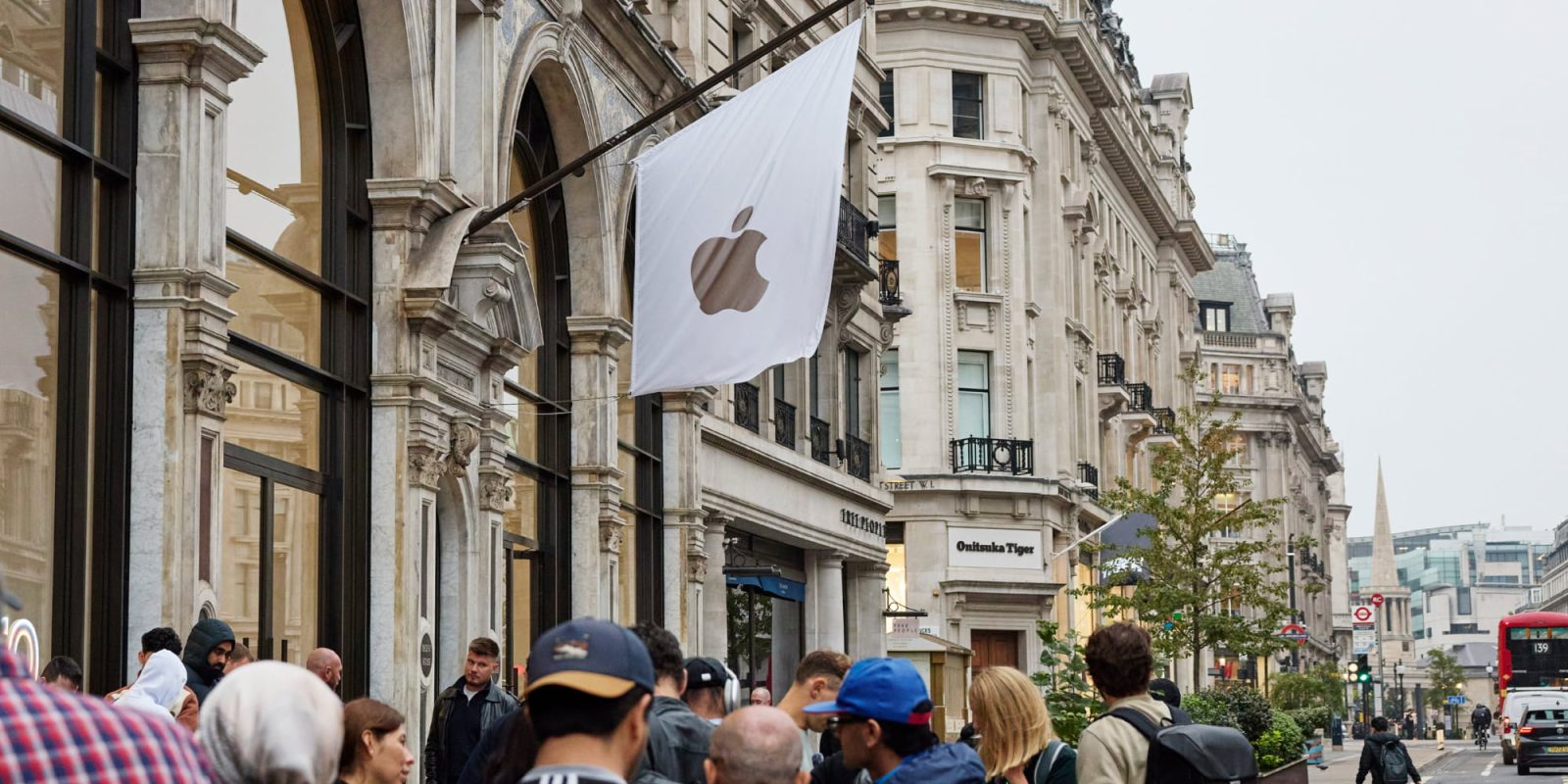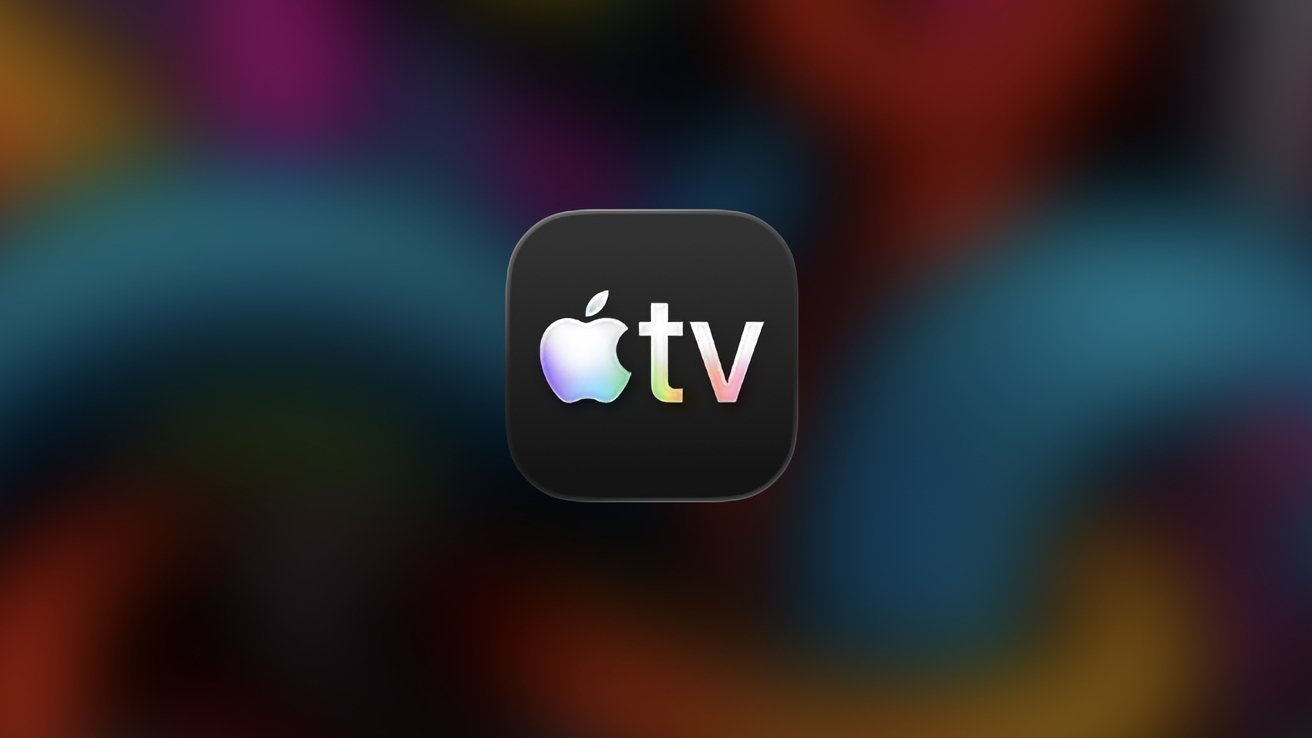In a landmark decision, the UK’s Competition Appeal Tribunal (CAT) has ruled that Apple abused its dominant market position by imposing unfair commission rates on app developers. This ruling, announced on October 23, 2025, could result in Apple facing damages approaching $2 billion.
Background of the Case
The lawsuit, initiated on behalf of millions of iPhone and iPad users in the UK, alleged that Apple engaged in anticompetitive behavior by monopolizing app distribution and charging excessive commissions to developers. The CAT’s findings indicate that from October 2015 to the end of 2020, Apple effectively excluded competition in the app distribution market and imposed excessive and unfair prices as commissions.
Details of the Tribunal’s Findings
The tribunal’s decision highlighted several key points:
– Overcharging Developers: Apple’s standard commission rate was typically 30%, whereas the tribunal suggested a fair commission would be around 17.5%. This discrepancy indicates that developers were overcharged by approximately 12.5% on each transaction.
– Impact on Consumers: It was determined that app developers passed on about 50% of these overcharges to consumers, leading to higher prices for apps and in-app purchases.
Potential Financial Implications
The case has been valued at approximately £1.5 billion (around $2 billion). A forthcoming hearing will determine the exact calculation of damages and consider Apple’s application for permission to appeal the ruling.
Apple’s Response and Appeal Plans
Apple has expressed its intention to appeal the tribunal’s decision, stating that the ruling takes a flawed view of the thriving and competitive app economy. The company maintains that its App Store policies are designed to ensure a secure and reliable platform for both developers and consumers.
Broader Context and Previous Legal Challenges
This ruling is part of a series of legal challenges Apple has faced regarding its App Store practices:
– European Union Fine: In March 2024, the European Commission fined Apple €1.8 billion (approximately $2 billion) for abusing its dominant position in the music streaming market by imposing anti-steering provisions that prevented developers from informing users about alternative subscription options.
– Developer Lawsuits: In April 2024, a UK court allowed a nearly $1 billion class-action lawsuit to proceed, brought by over 1,500 app developers alleging that Apple’s commission rates were excessive and constituted abusive pricing.
– Epic Games Litigation: Apple has been involved in ongoing legal battles with Epic Games, which filed antitrust complaints in multiple jurisdictions, including the UK, accusing Apple of monopolistic practices related to app distribution and in-app payments.
Implications for the Tech Industry
The CAT’s ruling underscores the increasing scrutiny tech giants face regarding their market practices. It highlights the need for companies like Apple to reassess their commission structures and app distribution policies to ensure compliance with antitrust laws and to foster a more competitive and fair marketplace.
Looking Ahead
As Apple prepares to appeal the decision, the tech industry will be closely monitoring the outcome, which could set a significant precedent for how digital marketplaces operate and are regulated. The forthcoming hearing will provide further clarity on the financial repercussions for Apple and potentially influence how app stores are managed globally.



